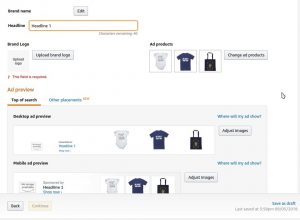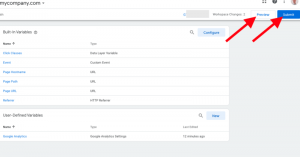To Succeed, Marketers Must Consider Digital Experiences
It’s been a long time since the experience was a paramount part of the equation — basically since the dawn of the digital age. That was when websites were digital marketing and banner ads were digital advertising.
The search, social and programmatic revolutions shifted the focus first to contextual and then to audience-based targeting, where the bulk of budgets, human resources and attention have remained. The role of experience, while relevant, was regarded as a “nice to have” and limited to downstream conversion optimization.
Two overarching trends are making experiences and the skills required to create them important again. First, increased digital spending has made it harder to differentiate in a crowded marketplace. Facebook, Google and other platforms have responded by enhancing the sophistication of the creative products they offer. Examples include Google’s Discovery Campaigns and Gallery ads and Facebook’s 360 degree videos, Collection, Stories and Explore Ads. This is just the beginning, as both platforms move quickly into VR and AR where brands are able to build audience engagement opportunities through 3D experiences.
The second trend is the shift to first-party targeting. GDPR, CCPA and third-party browser restrictions mean that reliance on third-party targeting is becoming a liability. The not always realized truth: Those same forces are also restricting the lifetime of anonymous first-party cookies, so not all first-party data is equal.
It’s “addressable” first-party data — where consumers provide their personally identifiable information — that is the most valuable. For consumers to commit to providing this data about themselves, there must be a value exchange. And the value provided — whether it be content, purpose, entertainment, rewards or something else —- is brought to life through the digital experience. In short, the path to first-party audience marketing goes through experience.
How do brands and service providers respond to the increased importance of the digital experience? Unlike the traditional creative products, today’s products are more tightly integrated into a platform or technology context. The skills required to be successful are a combination of conceptual and visual storytelling, technology chops and a digital mindset to couple closely to media plans, and to test, learn and optimize methodologies and best practices within technology platforms.
To meet this need, forward-looking services companies are re-organizing their creative, technology and UX teams to democratize experiences including a mix of full-time, freelance, creative network and client models.
These developments represent the beginning of large scale change. By being open to developing new skill sets, accepting technological changes, and ushering in new organizational models, brands and their partners will be able to create experiences that help offset the “death of the cookie.”
(20)






